|
|
|
Editor's note
|
|
When it comes to college football, most people’s attention will turn toward team and player statistics. But a trio of economists examined data of a different sort. What they discovered is that big game days, fueled by alcohol and revelry, appear to be related to a spike in sexual assault on or near the campus of the competing teams.
What’s going on with golf? Fewer young people are playing, scores of courses are closing, and others are threatened by climate change. To West Virginia University’s Joshua Woods, this has created an opening for a decidedly different brand of golf: disc golf. He details what the ascendent sport has going in its favor, and what’s holding it back.
You may be among the thousands who drink a shot of apple cider vinegar in the morning to promote weight loss or keep your triglyceride levels low. But does it really? Gabriel Neal, a medical professor at Texas A&M University, weighs in, explaining that “the health benefits we suspect vinegar has need to be confirmed by larger human studies.”
|
Jamaal Abdul-Alim
Education Editor
|

|
|
Top stories
|
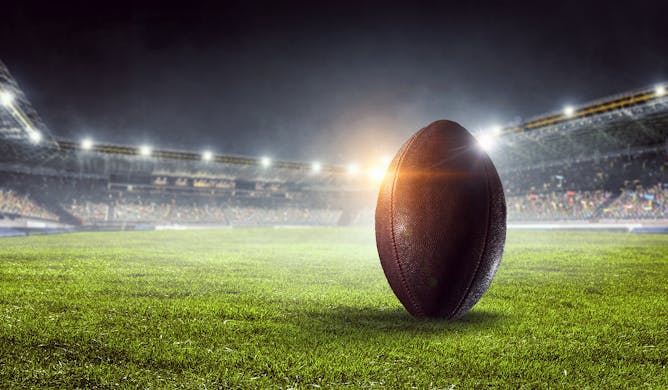
The revelry that comes with college football comes with a serious social cost.
Sergey Nivens/www.shutterstock.com
Peter Siminski, University of Technology Sydney; Isaac Swensen, Montana State University; Jason Lindo, Texas A&M University
Reports of sexual assault increase by as much as 41 percent when the local college football team plays, according to researchers who say the increase is related to the drinking culture on campus.
|
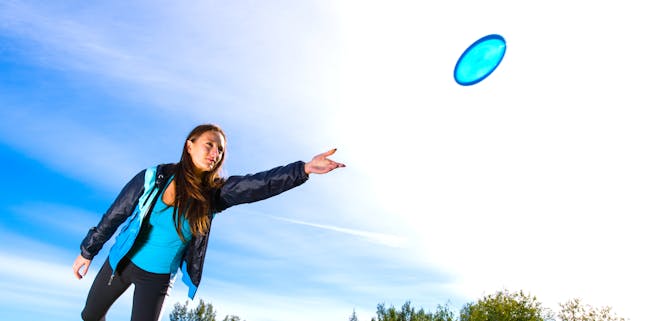
To play disc golf, all you need is 20 dollars for a couple of discs, and you’re good to go.
Jari Hindstroem
Joshua Woods, West Virginia University
A disc-golf boom is coinciding with a ball-golf bust.
|

Vinegar has become as popular for some as nectar of the gods. It has a long history of high hopes for healing.
Koy_Hipster/Shutterstock.com
Gabriel Neal, Texas A&M University
Does it seem like everyone you know drinks apple cider vinegar, mainly in hopes of losing weight? Vinegar has a long history of high hopes attached to it. A doctor who loves vinegar explains.
|
Economy + Business
|
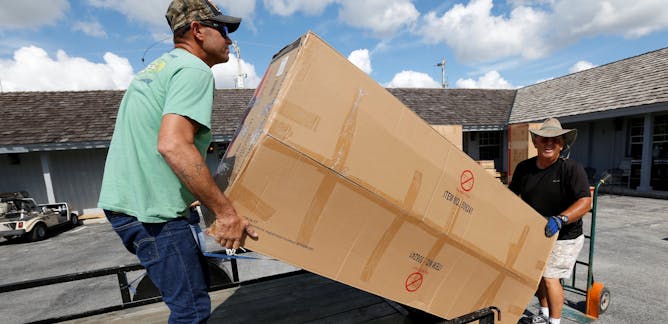
Johanna Amaya Leal, Iowa State University
The billions of dollars worth of aid dispatched every year to alleviate the suffering and damage after earthquakes and hurricanes would do more good if it didn't get clumped up.
| |
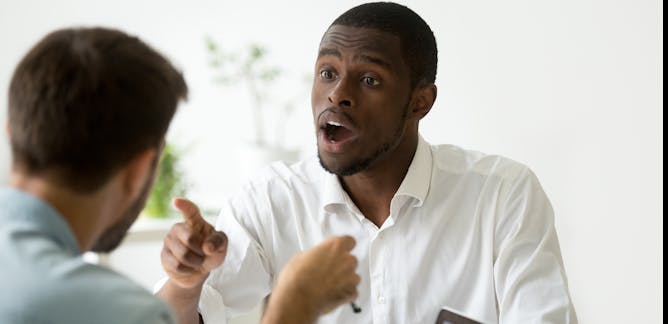
Wayne Hochwarter, Florida State University
The midterm elections have put America's political divide front and center, increasingly invading the work space and stressing out employees.
|
|
|
Politics + Society
|
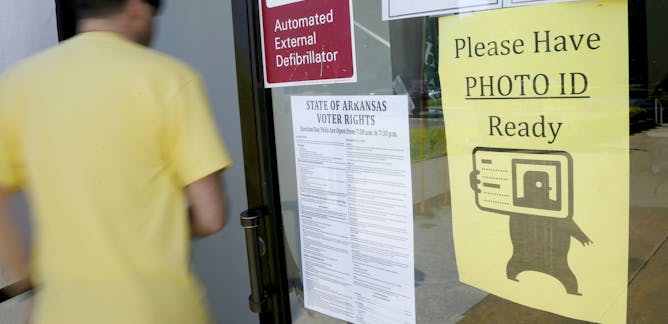
Timothy R. Bussey, Kenyon College
Transgender voting rights could be undermined in two broad ways during the 2018 midterm elections.
| |
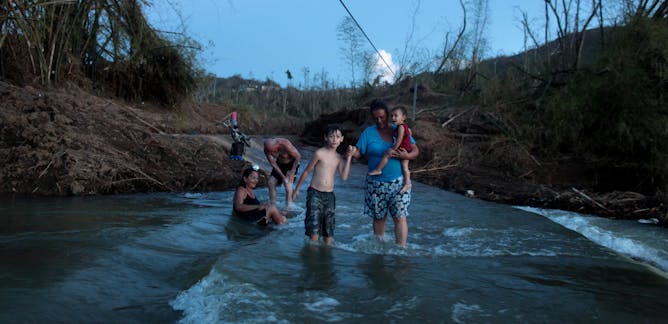
Alice Fothergill, University of Vermont; Jenniffer Santos-Hernández, University of Puerto Rico - Rio Piedras
Hurricane Katrina hit New Orleans in 2005, forever changing the lives of the children who survived. Their stories can help Puerto Rico identify and aid the kids most traumatized by Hurricane Maria.
|
|
|
Environment + Energy
|
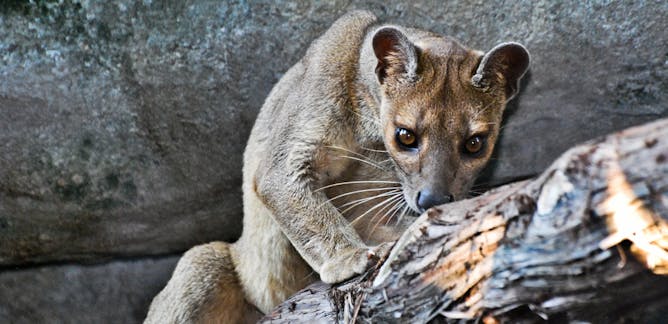
Asia Murphy, Pennsylvania State University
The fossa, Madagascar's largest predator, is a cat-like carnivore that eats everything from insects to lemurs. Because they are rare and elusive, scientists know very little about them, including how many there are.
| |
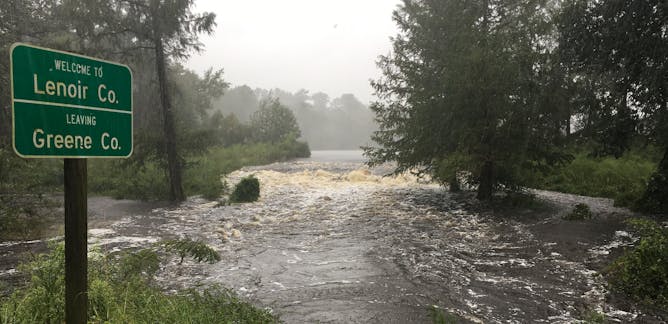
Craig E. Colten, Louisiana State University
Widespread flooding in North Carolina from Hurricane Florence shows the need for better advance planning in inland areas of the south and mid-Atlantic, especially near rivers.
|
|
|
Health + Medicine
|

Jamie Smolen, University of Florida
A Sept. 14 report on drug use suggested that opioid use has declined. But troubling trends in drinking among teens and young adults stood out. An addiction specialist explains the unique dangers.
| |
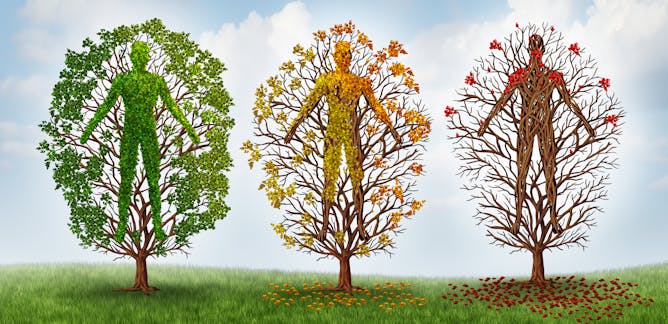
Samer Zaky, University of Pittsburgh
With fall almost upon us, there's a lot we can learn from the changing season.
|
|
|
Science + Technology
|
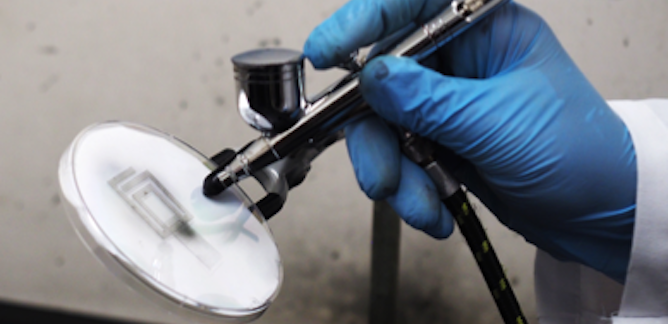
Yury Gogotsi, Drexel University; Asia Sarycheva, Drexel University; Babak Anasori, Drexel University
A new type of material can make it easy to put antennas almost anywhere – no matter how thin the space, or even on surfaces people need to be able to see through.
| |
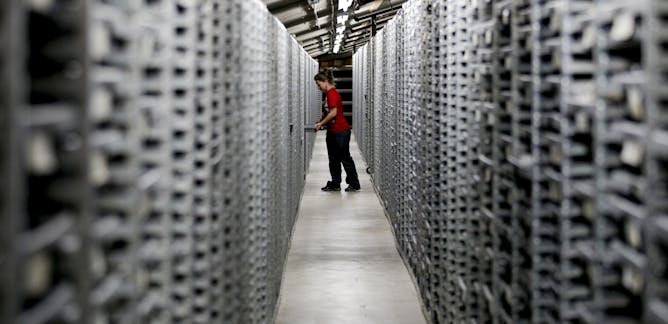
Charles Marshall, University of California, Berkeley
A tiny percentage of museums’ natural history holdings are on display. Very little of these vast archives is digitized and available online. But museums are working to change that.
|
|
|
Education
|
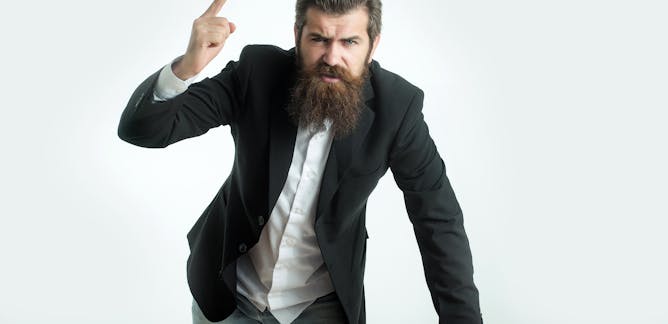
Alan Goodboy, West Virginia University
A communication studies professor purposefully antagonizes students to show how putdowns and other forms of negative criticism can impact student learning.
| |
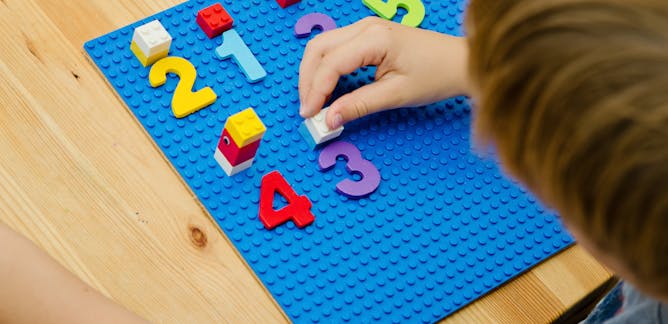
Susan Sonnenschein, University of Maryland, Baltimore County; Rebecca Dowling, University of Maryland, Baltimore County; Shari Renee Metzger, Prince George's Community College
Through games and household tasks, parents can help their children learn basic math skills like counting, geometry and algebraic thinking.
|
|
|
Arts + Culture
|
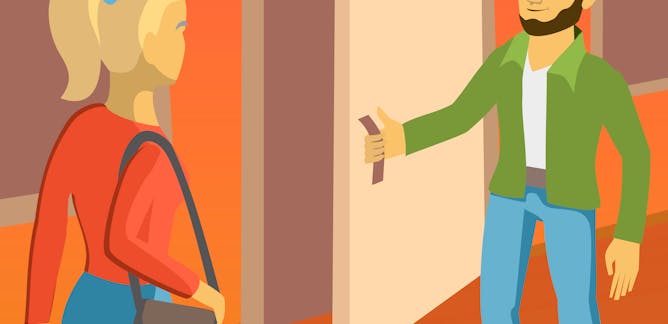
Pelin Gül, Iowa State University; Tom R. Kupfer, Vrije Universiteit Amsterdam
Social psychologists have been busy documenting the harmful effects that this brand of chivalry has on women. But are they missing something?
| |
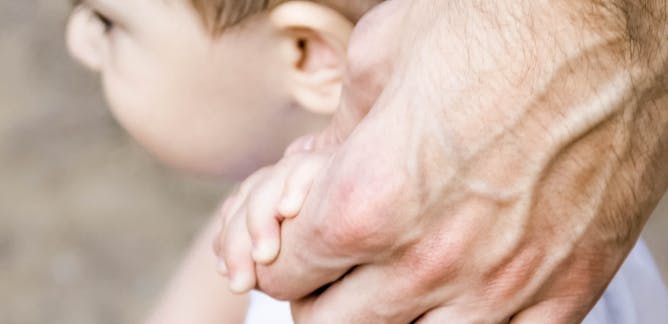
Margaret Hagerman, Mississippi State University
Over the course of two years, a sociologist studied a group of affluent, white kids to see how they made sense of sensitive racial issues like privilege, unequal opportunity and police violence.
|
|
|
Ethics + Religion
|
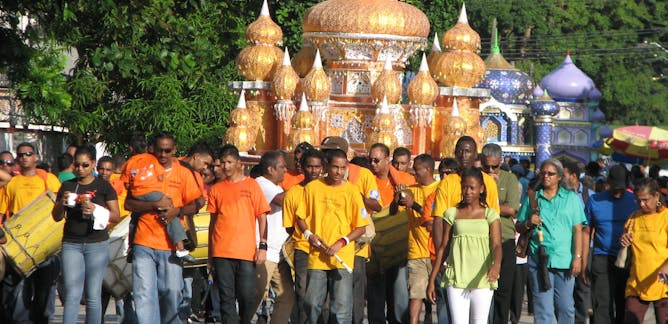
Ken Chitwood, University of Florida
Hosay, a religious ritual performed by Trinidadian Muslims, combines the somber Islamic observance of Ashura, brought by immigrant Indians, and the joy of Trinidad's famous carnival.
| |
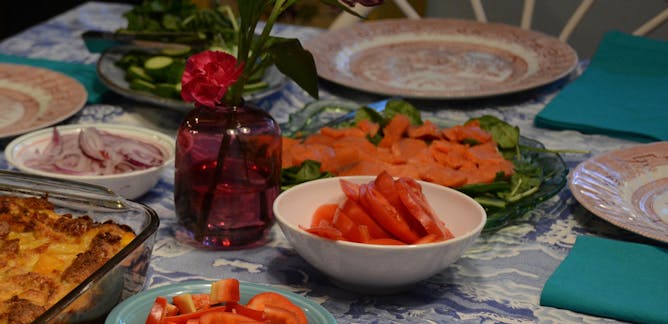
Ted Merwin, Dickinson College
An expert explains why the Jewish practice of abstaining from food on Yom Kippur is so out of step with the rest of Jewish tradition.
|
|
|
| |
| |
| |
| |
| |
| |
|
|
|
|
|
|
|